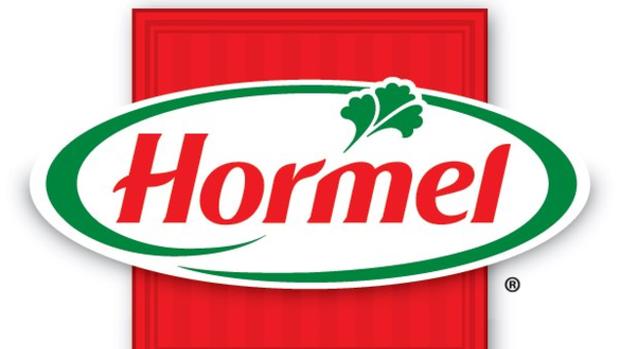Hormel Foods (HRL – Free Report) came out with quarterly earnings of $0.39 per share, beating the Zacks Consensus Estimate of $0.38 per share. This compares to earnings of $0.34 per share a year ago. These figures are adjusted for non-recurring items.
This quarterly report represents an earnings surprise of 2.63%. A quarter ago, it was expected that this maker of Spam canned ham, Dinty Moore stew and other foods would post earnings of $0.45 per share when it actually produced earnings of $0.44, delivering a surprise of -2.22%.

Over the last four quarters, the company has surpassed consensus EPS estimates two times.
Hormel, which belongs to the Zacks Food – Meat Products industry, posted revenues of $2.36 billion for the quarter ended July 2018, missing the Zacks Consensus Estimate by 1.86%. This compares to year-ago revenues of $2.21 billion. The company has topped consensus revenue estimates just once over the last four quarters.
The sustainability of the stock’s immediate price movement based on the recently-released numbers and future earnings expectations will mostly depend on management’s commentary on the earnings call.
Hormel shares have added about 5.8% since the beginning of the year versus the S&P 500’s gain of 7%.
What’s Next for Hormel?
While Hormel has underperformed the market so far this year, the question that comes to investors’ minds is: what’s next for the stock?There are no easy answers to this key question, but one reliable measure that can help investors address this is the cHRLvisions. Investors can track such revisions by themselves or rely on a tried-and-tested rating tool like the Zacks Rank, which has an impressive track record of harnessing the power of earnings estimate revisions.
Ahead of this earnings release, the estimate revisions trend for Hormel was unfavorable. While the magnitude and direction of estimate revisions could change following the company’s just-released earnings report, the current status translates into a Zacks Rank #4 (Sell) for the stock. So, the shares are expected to underperform the market in the near future.











Leave A Comment